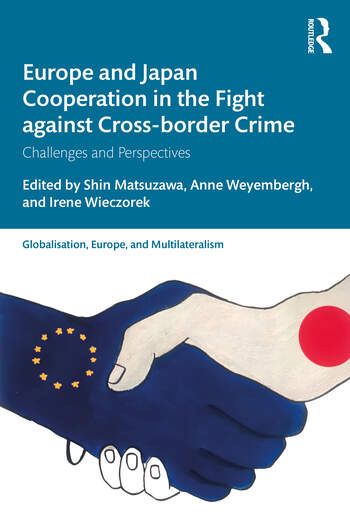
This book is the first to map and critically analyse the legalisation of EU-Japan cooperation in criminal justice matters, charting the existing legal instruments which regulate cooperation in the fight against crime between European states and Japan.
It examines which forms of cooperation are regulated by EU Law, and which are not, and takes stock through selected case studies of the functioning in practice of cooperation between the EU as an organisation, single European States and Japan. The book focuses particularly on police cooperation, exchange of electronic evidence, mutual legal assistance, extradition, transfer of prisoners and data exchanges. It looks at the EU-Japan MLA Agreement, the Europol-Japan National Police Agency Working Arrangement, the negotiations on a PNR Agreement, and the Council of Europe Convention for Transfer of Sentenced Persons; all instruments aimed at regulating cooperation against crime between European states and Japan. Finally, the book also looks at the implications for the fight against crime of the EU-Japan Economic Partnership Agreement, Strategic Partnership Agreement, and the European Commission Adequacy decision.
This book will be of key interest to scholars and students of EU Criminal law, EU-Japan cooperation, Japanese studies, transnational crime, and more broadly to comparative criminal justice, International Relations and security studies.